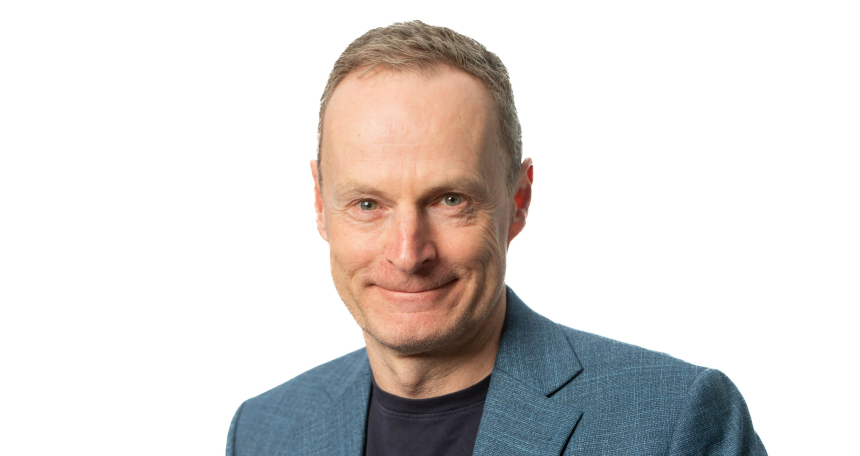
We spoke to Peter Stimson, Head of Product at MPowered Mortgages, about the current economic climate, changes we could see to interest rates in the second half of the year, and how all of this will impact the property market.
The start of the year looked so positive for rates? What's gone wrong?
If we go back to the start of January, 2-year swaps rates were down at 4.0%. If we look today, they’re approximately 75bps higher at 4.75%. Given that the 2-year swap is where the markets see the average of rates over that 2-year period, the market is anticipating that any rate cuts are now effectively going to be ‘lower and slower’.
So why the change? The outlook for inflation is the key driver. Whilst inflation (measured by the Consumer Price Index) has fallen from the highs of 11.1% in October 2022 to just 2.3% in April this year, core inflation around goods and services remains stubbornly high at 3.9%, far in excess of the Bank of England's target.
In addition, wage growth remains relatively strong at 6.0% in the three months from January to March this year, with unemployment still historically very low at 4.3%. In short, inflation look increasingly difficult to control and less of UK-only issue.
What do you envisage happening to interest rates over the next six months?
That’s an incredibly difficult call! Inflation is and remains the number one priority for the Bank of England, and until they have some sense of certainty that we are on course to meet the 2.0% inflation target set by the government, rates are unlikely to be cut.
A few weeks ago, I would have said June was a 50/50 for a rate cut. Now, I think August is probably an outside bet and September is more likely, but it all depends on the inflation numbers in the weeks and months ahead.
Where do you see long-term interest rates settling at and the “new normal”?
We are in a very different place and world from when the bank base rate was sub 1.0%. The world is de-globalising, supply chains are becoming more fragile, Western world demographics are impacting labour markets and inflation is becoming more embedded. No one should expect that we will be going or indeed want to go back to the situation pre-2022.
In the long term, we expect interest rates to settle somewhere around 4.0%, although, of course, expect a large margin of error in any prediction!
What do you think the impact could be on house prices when rates finally start to fall?
Whilst nominally house prices may not have fallen or have only fallen slightly - looking at house prices outside of wage growth, which has been substantial over the last 2 years (two out of three of homes are bought with a mortgage), the UK has a significant shortage of housing, and the last 2 years has exacerbated the situation. As rates fall (bear in mind a lot of the anticipated rates cuts are already priced into the swap curve), mortgage affordability will improve. Improving mortgage affordability combined with higher wages is likely to mean increased property prices as buyers re-enter the market.
